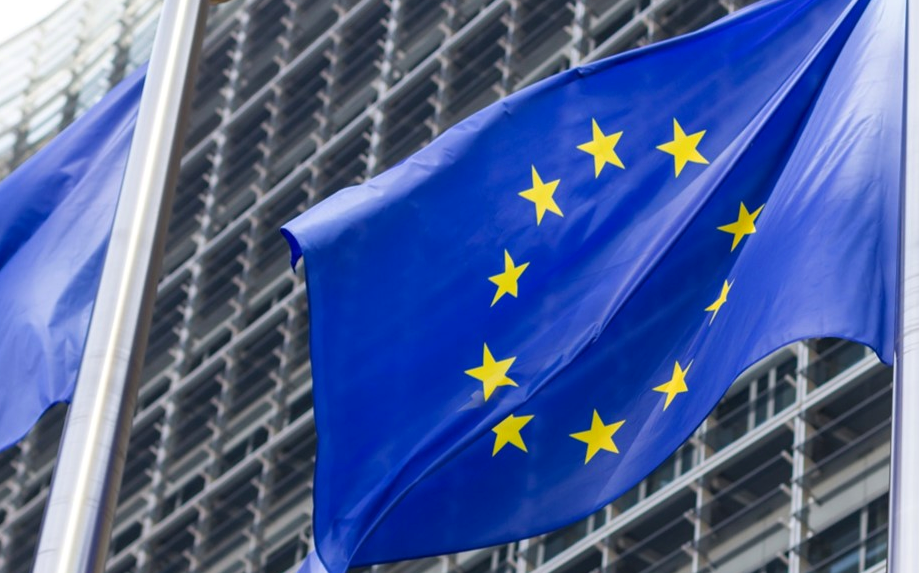When it comes to long-term transport decarbonisation, Commission has a short attention span
Proposed vision largely ignores sustainable crop-based biofuels’ contribution to reducing emissions – not long after European Parliament and EU governments confirmed their importance
BRUSSELS, 28 November 2018 – The long-term decarbonisation strategy unveiled today by the European Commission offers an ambitious vision of a low-emission future for the EU and says almost all the right things, but it largely downplays the role of the cheapest possible carbon-abatement tool available today: sustainable biofuels. Instead it focuses selectively on technologies and powertrains that are yet to materialize at scale – and so is built on an uncertain foundation.
Despite the Commission’s best attempt to minimize the role of crop-based biofuels in decarbonisation, the strategy offers scenarios that actually confirm what the IPCC and IEA have recently underlined: that sustainable crop-based and advanced biofuels are essential to meeting the EU’s emissions-reduction ambitions.
“The Commission doesn’t seem to have picked up the strong signal just sent by the European Parliament and EU governments that Europe should get rid of bad biofuels and promote good ones such as renewable European ethanol,” said Emmanuel Desplechin, Secretary-General of ePURE. “Already, renewable European ethanol delivers 70% greenhouse gas savings over fossil fuel and is a building block of what the Commission rightly promotes as the bioeconomy.”
Desplechin added, “The EU has already agreed to phase out biofuels associated with deforestation and peatland drainage (those considered to have high risk of indirect land-use change). Once that happens, then there is no reason that a longer-term decarbonisation strategy shouldn’t promote the use of good low-carbon liquid fuels to decarbonise an EU vehicle fleet that will be made up mostly of internal combustion engines for decades to come.”
“The Commission keeps repeating the mantra that advanced biofuels should replace crop-based biofuels. But a policy that plays renewables against each other only benefits oil and does nothing for the climate. A meaningful long-term strategy looking to 2050 should acknowledge the importance of both first- and second-generation ethanol. That would send a real signal from Brussels to Member States that the EU is serious about reducing emissions from transport.”
